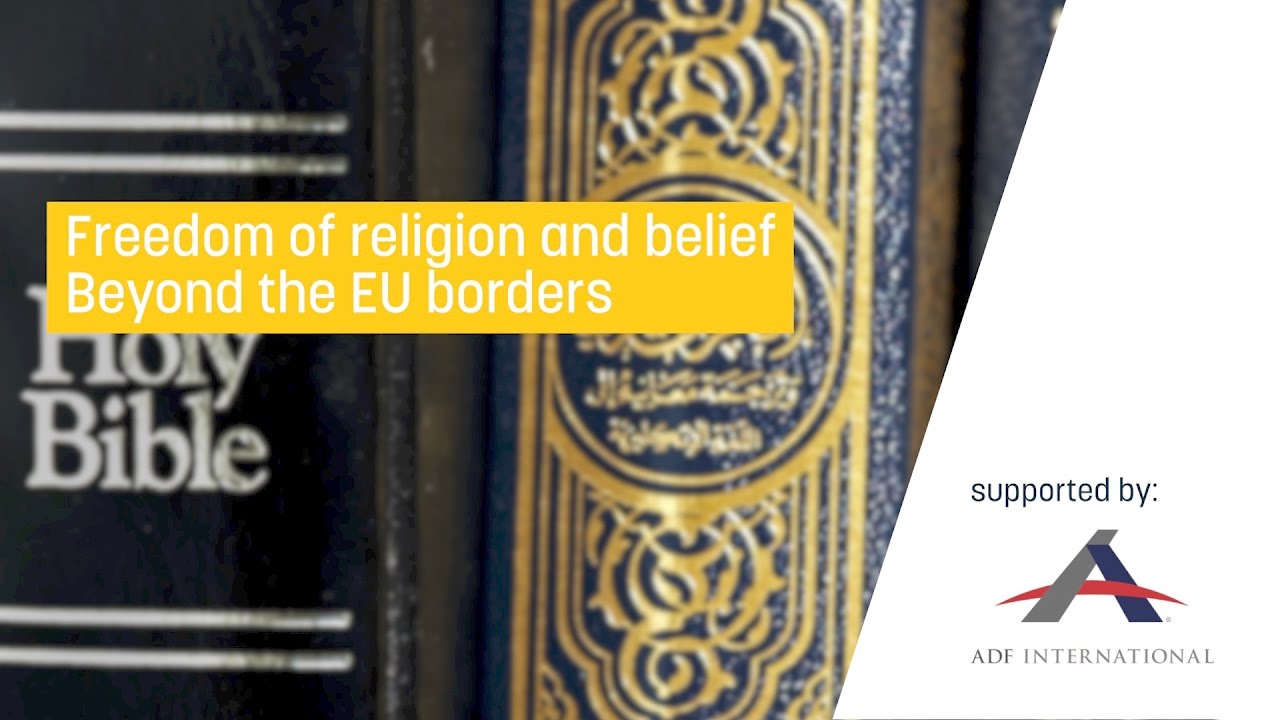Tag: human rights
-
EU Funds Islamist Indoctrination in Pakistani Schools
The bloc has “lost its credibility as a commercial power guided by human values,” human rights activist said. Between 2016 and 2024, the European Union spent upwards of €150 million on education in Pakistan, according to a 2024 report entitled Pakistan, Education System, Curriculum and EU Funding, authored by Sallux/ECPM (the European Christian Political Movement). The ECPM report contains over 40 pages of…
-
-
‘Dignity is the foundational principle of all human rights’ – an interview with Ján Figel
Ján Figel is the EU’s Special Envoy for Promotion of Freedom of Religion outside the EU, appointed by the President of the European Commission, Jean-Claude Juncker in 2016. New Europe asked him about the progress made, and what lies ahead for freedom of religion and belief: New Europe: You have served as the EU Special…
-
Freedom of religion and belief beyond the EU’s borders
Religious freedom is one of the most essential human rights, enshrined solidly in international law. Being part of EU primary law, the Union has committed to promote and protect religious freedom worldwide. However, according to the Pew Research Center, about three-quarters of the world’s population live in countries with high or very high restrictions or…



